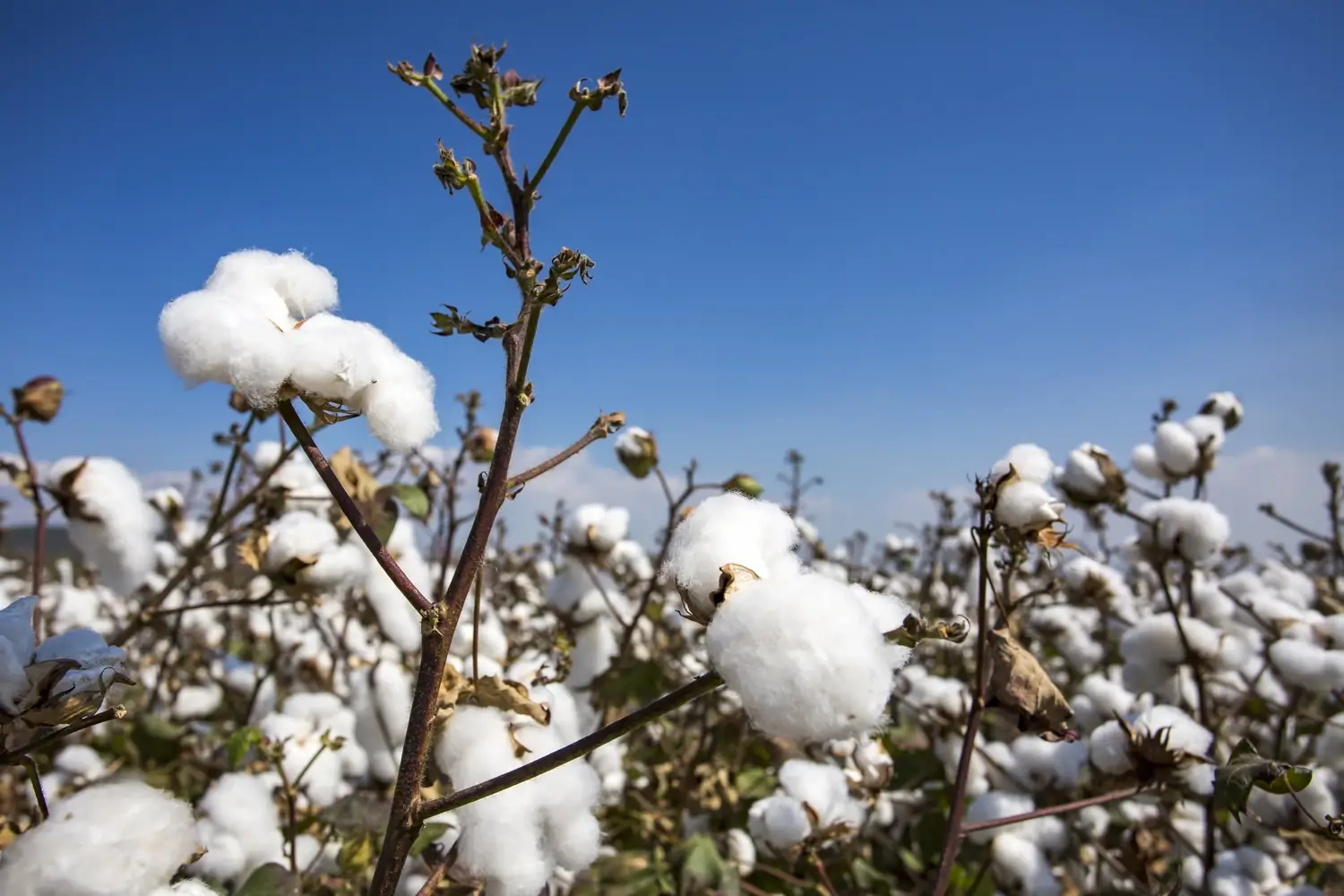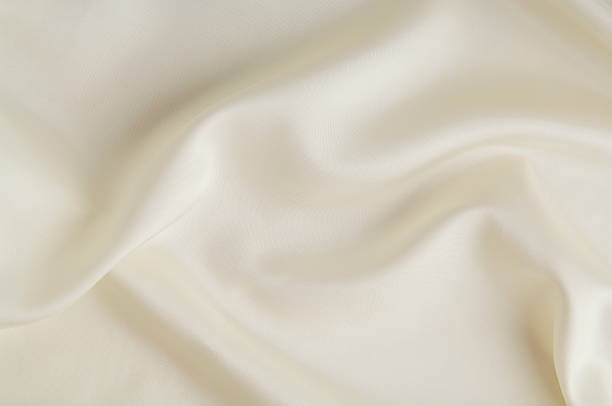Organic cotton holds the key to sustainable and eco-friendly fashion. Cultivated without synthetic fertilizers or pesticides, it preserves soil fertility, protects ecosystems, and reduces greenhouse gas emissions. Farmers and workers benefit from a safer environment, free from harmful chemicals.
Moreover, organic cotton offers superior quality and softness due to natural farming practices. Certified standards, such as GOTS and OCS, ensure authenticity. With a focus on ethical and fair trade, organic cotton supports small-scale farmers and promotes social sustainability. As consumer awareness grows, the demand for organic cotton products increases, fostering a cleaner and healthier planet for all.
Let’s explore more on how organic cotton is branded as one of the most sustainable fabrics that exist.
What Is Organic Cotton?
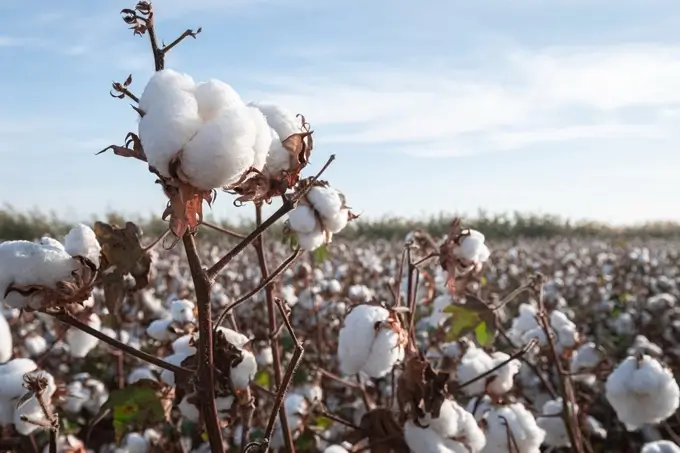
Organic cotton is a type of cotton that is grown using environmentally friendly and sustainable farming practices. It is produced without the use of synthetic fertilizers, pesticides, or genetically modified organisms (GMOs), which are commonly used in conventional cotton farming. Instead, organic cotton farmers employ natural methods to maintain soil fertility, control pests, and promote biodiversity.
Organic cotton farming relies on practices such as crop rotation, composting, and biological pest control. These methods help to preserve the health of the soil, conserve water resources, and reduce the negative impact on surrounding ecosystems. By avoiding the use of harsh chemicals, organic cotton farming creates a safer and healthier working environment for farmers and workers.
Certification standards, such as the Global Organic Textile Standard (GOTS) and the Organic Content Standard (OCS), ensure that organic cotton products meet specific criteria and are traceable throughout the supply chain. These certifications provide consumers with confidence in the authenticity and sustainability of organic cotton.
How Is Organic Cotton Made?
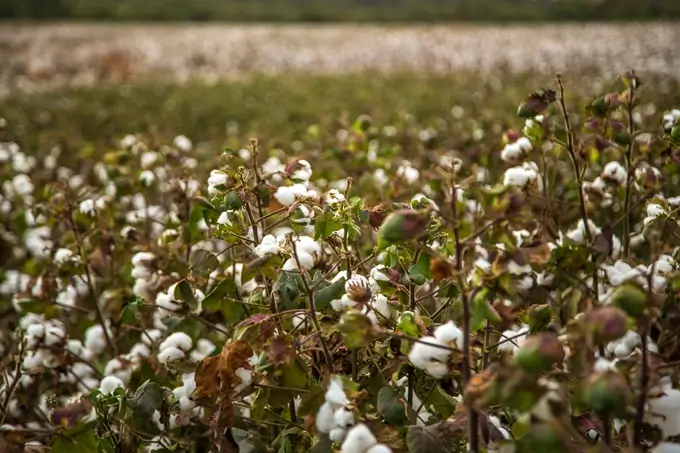
Organic cotton, unlike recycled cotton, is made through a careful and sustainable cultivation process that prioritizes the environment and the well-being of farmers and workers. Here’s how organic cotton is made:
Seed Selection: Organic cotton begins with the selection of organic cotton seeds. These seeds are non-GMO and have not been treated with any synthetic chemicals.
Soil Preparation: Organic cotton farming starts with preparing the soil. Farmers employ natural methods such as crop rotation and the use of organic compost to maintain soil fertility and enhance its nutrient content.
Pest Control: Instead of relying on synthetic pesticides, organic cotton farmers utilize natural methods for pest control. This includes introducing beneficial insects, using traps, and implementing cultural practices to manage pests and diseases.
Weed Management: Organic cotton farmers employ various techniques to control weeds without the use of synthetic herbicides. This includes manual weeding, mulching, and the use of cover crops.
Harvesting: When the cotton bolls are fully mature, they are hand-picked or mechanically harvested. Care is taken to ensure that the cotton is not contaminated with non-organic fibers.
Certification: After harvest, the organic cotton undergoes a certification process to ensure its authenticity and compliance with organic standards. Certifying bodies like GOTS or OCS verify that the entire production process meets strict organic requirements.
Why is Organic Cotton More Sustainable?
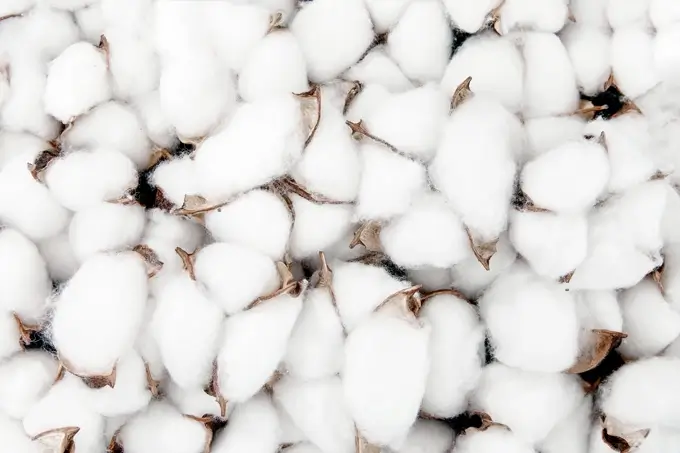
Organic cotton is more sustainable compared to conventional cotton due to several key reasons.
First and foremost, organic cotton farming eliminates the use of synthetic fertilizers and pesticides, which reduces the negative impact on the environment. This practice helps to protect ecosystems, preserve soil fertility, and prevent water pollution.
Crop Rotation for Soil and Worker Health

Crop rotation is a beneficial agricultural practice that has positive impacts on both soil and worker health. By rotating crops, farmers can improve soil fertility and structure, while also providing a safer and healthier working environment for themselves and their workers.
Crop rotation helps to enhance soil health by reducing nutrient depletion and increasing organic matter content. Different crops have varying nutrient requirements and contribute to the soil in different ways. By rotating crops, farmers can ensure that the soil receives a diverse range of nutrients, minimizing the need for synthetic fertilizers. This practice also helps to control pests and diseases, as rotating crops disrupts pest life cycles and reduce the buildup of pathogens in the soil.
Additionally, crop rotation supports worker health by reducing the need for chemical inputs such as pesticides and fertilizers. This decreases the exposure of farmers and workers to potentially harmful chemicals, promoting a safer working environment. Moreover, diverse crops and tasks associated with crop rotation provide a more varied workload, reducing the risk of repetitive strain injuries and promoting overall well-being.
Environmental Protections Throughout the Supply Chain
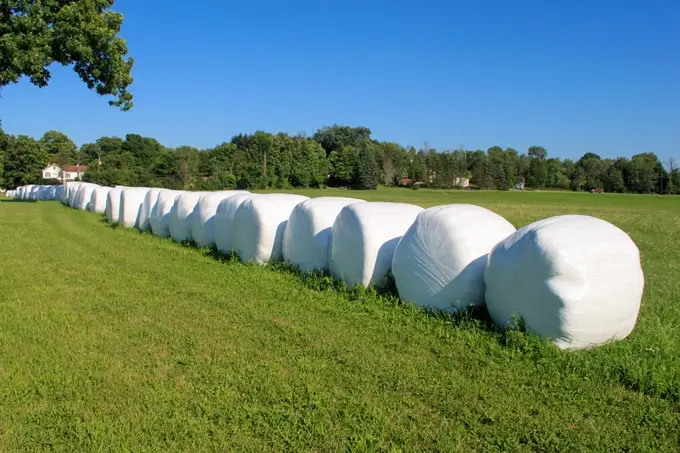
Environmental protections are a vital aspect of the supply chain for organic cotton. From cultivation to manufacturing, strict measures are implemented to minimize environmental impacts. Organic farming practices prohibit the use of synthetic chemicals, and GMOs, and prioritize soil health, water conservation, and biodiversity protection. Farmers employ techniques like crop rotation, composting, and natural pest control methods. During processing, non-toxic dyes and environmentally friendly practices are adopted to reduce pollution.
Certifications like GOTS ensure adherence to environmental standards and transparency. By following these protections, organic cotton production aims to minimize ecological footprints, preserve resources, and promote sustainable and responsible practices. It serves as a sustainable alternative to conventional cotton production, contributing to the creation of a greener and more environmentally conscious fashion industry.
The Oeko-Tex Standard of Health
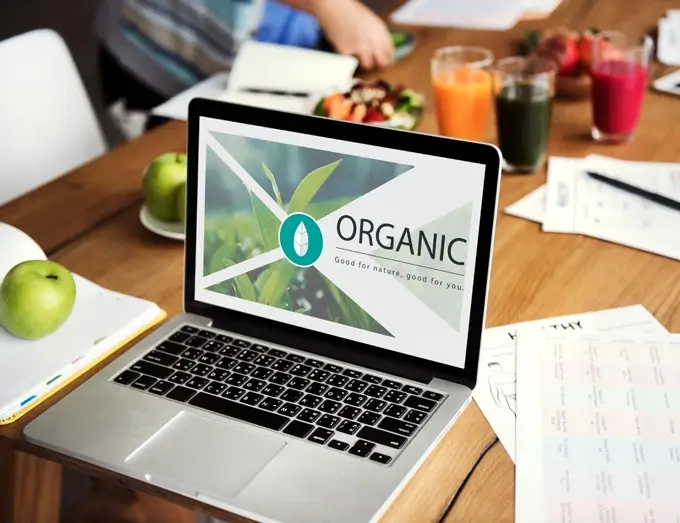
The Oeko-Tex Standard is an internationally recognized certification system that sets strict criteria for textile products, including organic cotton, to ensure they are free from harmful substances. When organic cotton is Oeko-Tex certified, it means that it has undergone rigorous testing for various harmful substances, including pesticides, heavy metals, and allergenic dyes.
The certification guarantees that the organic cotton used in the product meets high health and safety standards, providing assurance to consumers that they are making a safe and responsible choice. The Oeko-Tex Standard promotes the well-being of both the environment and individuals, ensuring that organic cotton products are not only sustainable but also safe for use.
Is Organic Cotton Better for the Environment?
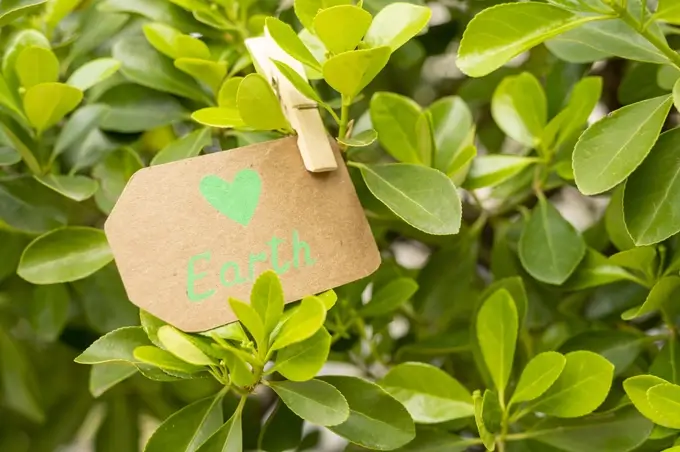
Yes, organic cotton is better for the environment compared to conventional cotton. Here’s why:
Reduced Chemical Use: Organic cotton is grown without synthetic fertilizers, pesticides, and genetically modified organisms (GMOs). This eliminates the negative impact of these chemicals on soil, water, and ecosystems.
Soil Health: Organic cotton farming practices, such as crop rotation and composting, promote soil fertility, structure, and biodiversity. This helps maintain healthy soils, conserve water, and prevent erosion.
Water Conservation: Organic cotton farming typically uses less water compared to conventional methods. Water-saving techniques like drip irrigation and rainwater harvesting are commonly employed, minimizing water consumption.
Biodiversity Preservation: By avoiding synthetic pesticides and promoting natural pest control methods, organic cotton farming supports biodiversity. It allows beneficial insects, birds, and other wildlife to thrive, contributing to ecosystem balance.
Worker and Community Health: Organic cotton farming provides a safer working environment by eliminating exposure to harmful chemicals. It also prioritizes the health and well-being of farmers and local communities.
Is Cotton Sustainable?
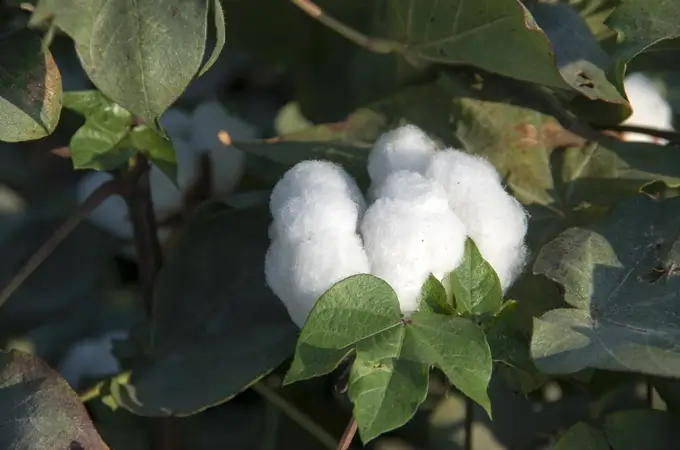
Cotton, as a crop, has both sustainable and unsustainable aspects. While it is a valuable natural fiber, the sustainability of cotton depends on how it is grown and processed.
On one hand, cotton cultivation can be resource-intensive, requiring significant amounts of water, synthetic fertilizers, and pesticides. Conventional cotton farming practices can contribute to soil degradation, water pollution, and the depletion of natural resources.
However, sustainable practices such as organic cotton farming, agroecological approaches, and water-efficient irrigation systems can make cotton production more sustainable. Organic cotton, for example, eliminates the use of synthetic chemicals and promotes biodiversity, soil health, and water conservation.
Additionally, efforts to improve the efficiency of cotton processing, reduce waste, and promote fair trade practices contribute to the sustainability of the cotton industry.
To ensure the sustainability of cotton, it is essential to adopt and promote environmentally friendly practices throughout the entire supply chain, from cultivation to processing, and embrace certifications and standards that uphold sustainability criteria.
Is Organic Cotton Softer
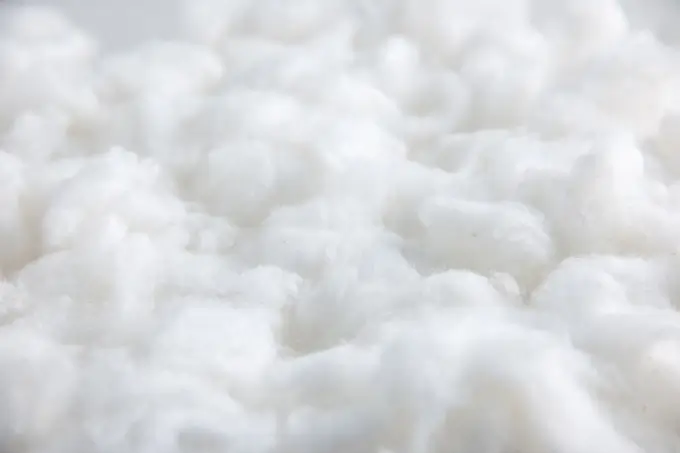
Organic cotton is not inherently softer than conventional cotton. The softness of cotton fabric depends on various factors, such as the type of cotton used, the quality of the fibers, and the finishing processes employed during the manufacturing process.
Organic cotton refers to cotton that is grown without the use of synthetic pesticides, genetically modified organisms (GMOs), or chemical fertilizers. It is cultivated using natural and sustainable farming practices. While organic farming practices may contribute to the overall quality of the cotton fibers, they do not directly determine the softness of the fabric.
The softness of the cotton fabric is primarily influenced by the staple length and fiber quality. Longer staple cotton fibers, such as those found in Egyptian or Pima cotton, tend to be softer and more luxurious. The spinning and weaving processes also play a role in enhancing the softness of the fabric.
Therefore, it’s important to note that while organic cotton promotes environmental sustainability and has potential benefits for the overall quality of the fabric, it does not guarantee inherent softness. The softness of cotton fabric can vary depending on multiple factors beyond the organic cultivation method.
Organic Cotton VS Cotton

Organic cotton and conventional cotton are two distinct types of cotton with significant differences in terms of cultivation methods, environmental impact, and social implications.
Organic cotton is grown without the use of synthetic fertilizers, pesticides, or genetically modified organisms (GMOs). Instead, it relies on natural farming practices such as crop rotation, composting, and biological pest control. These methods promote soil fertility, biodiversity, and water conservation. Organic cotton production also prioritizes the health and well-being of farmers and workers by eliminating their exposure to harmful chemicals.
In contrast, conventional cotton is typically cultivated using synthetic fertilizers and pesticides. These chemicals can have adverse effects on soil health, water quality, and biodiversity. Conventional cotton farming also contributes to water scarcity and pollution due to high water consumption and chemical runoff.
From an environmental perspective, organic cotton is considered more sustainable as it reduces the use of harmful chemicals, promotes soil health, conserves water, and protects ecosystems.
Socially, organic cotton often aligns with fair trade practices, supporting small-scale farmers and ensuring fair wages and working conditions.
While organic cotton may come at a slightly higher cost, choosing organic cotton supports a more sustainable and ethical approach to cotton production, benefiting the environment and communities involved in its cultivation.
Organic Clothing

What is Organic Clothing?
Organic clothing refers to garments made from organic fibers, typically derived from plants like cotton, linen, hemp, or bamboo. The term “organic” in this context signifies that the fibers used in the clothing have been produced without the use of synthetic chemicals even in recycled materials, genetically modified organisms (GMOs), or harmful pesticides.
To be considered organic, clothing must meet specific standards and certifications, such as the Global Organic Textile Standard (GOTS) or the Organic Content Standard (OCS). These certifications ensure that the entire production process, from cultivation to manufacturing, adheres to strict environmental and social criteria.
Organic clothing offers several benefits. Firstly, it promotes sustainable agriculture by reducing chemical pollution, protecting soil fertility, and conserving water resources. Secondly, it provides a healthier and safer option for consumers as it eliminates the potential exposure to toxic substances. Additionally, organic clothing often supports fair trade practices, ensuring ethical treatment of workers and farmers, and fair wages.
Choosing organic clothing is a conscious decision to support sustainable and environmentally friendly practices, while also prioritizing personal health and social responsibility in the fashion industry.
Organic Cotton Clothing vs. Conventional Cotton Clothing

When it comes to clothing, the choice between organic cotton and conventional cotton can have significant implications for both the environment and personal well-being.
Organic cotton clothing is made from fibers that are grown without the use of synthetic fertilizers, pesticides, or genetically modified organisms (GMOs). On the other hand, conventional cotton clothing is produced using conventional farming methods, which often involve the application of synthetic chemicals and genetically modified seeds.
The main advantage of organic cotton clothing is its environmental sustainability. By avoiding harmful chemicals, organic cotton cultivation reduces water pollution, soil degradation, and the negative impact on biodiversity. It promotes healthier ecosystems and supports sustainable agricultural practices.
Furthermore, organic cotton clothing is often softer and hypoallergenic since it does not contain residual chemicals that can irritate the skin. It is also considered safer for farmers and workers who are not exposed to hazardous substances during cultivation.
Conventional cotton clothing, while more widely available and often cheaper, has a higher environmental impact due to chemical use and its contribution to water scarcity and pollution. It may also cause skin irritation in some individuals.
By choosing organic cotton clothing, consumers can support sustainable agriculture, protect the environment, and prioritize their own health and well-being. It is a conscious choice that makes a positive difference in the fashion industry and contributes to a more sustainable and ethical future.
Popular Organic Clothing Items

Organic clothing has gained popularity in recent years due to its sustainable and eco-friendly nature. Here are some popular organic clothing items that are widely sought after:
Organic Cotton T-Shirts: Organic cotton t-shirts are a staple in sustainable fashion. They are soft, comfortable, and made from cotton that is grown without the use of synthetic chemicals. Organic cotton t-shirts come in a variety of styles, colors, and designs, making them versatile and suitable for everyday wear.
Organic Denim Jeans: Organic denim jeans offer a sustainable alternative to conventional denim. Made from organic cotton, they are produced using environmentally friendly processes that reduce water usage and eliminate harmful chemicals. Organic denim jeans are durable, stylish, and available in various fits and washes.
Organic Activewear: Organic activewear has gained popularity among fitness enthusiasts who value sustainable and ethical clothing. From organic cotton leggings to eco-friendly sports bras, these items provide comfort, breathability, and support while being mindful of the environment.
Organic Baby Clothing: Organic baby clothing is becoming increasingly popular among parents seeking safe and gentle options for their little ones. Made from organic cotton or other natural fibers, these clothes are free from harmful chemicals, ensuring the delicate skin of babies is protected.
Organic Undergarments: Organic undergarments, including underwear, bras, and socks, are made from organic cotton or bamboo fibers. These items are known for their softness, breathability, and hypoallergenic properties, making them a popular choice for those with sensitive skin.
Organic Certifications for Cotton
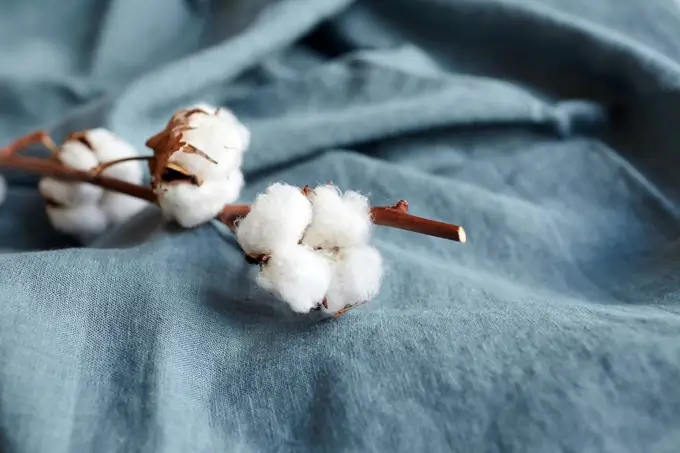
Organic certifications for cotton play a crucial role in verifying the authenticity and sustainability of organic cotton products. These certifications provide transparency and assurance to consumers when they buy organic cotton, ensuring that the cotton has been grown and processed according to strict organic standards.
Here are some prominent organic certifications for cotton:
Global Organic Textile Standard (GOTS): GOTS is one of the most widely recognized certifications for organic cotton. It sets comprehensive criteria for both ecological and social aspects of textile production, covering the entire supply chain. GOTS ensures that organic fibers are sourced, processed, and labeled correctly, while also considering social responsibility and fair trade practices.
Organic Content Standard (OCS): The OCS certification verifies the presence and amount of organic material in a product. It guarantees that a certain percentage of the cotton used is organic, allowing consumers to make informed choices about the content of their clothing.
USDA Organic: The United States Department of Agriculture (USDA) offers organic certification for cotton produced in the United States. USDA Organic ensures that the cotton has been grown without the use of synthetic chemicals, GMOs, and has met strict organic requirements.
What are GOTS Certified Organic Cotton Products?

GOTS (Global Organic Textile Standard) certified organic cotton products are textiles made from cotton fibers that have been produced according to strict organic standards. GOTS is a globally recognized certification that ensures the organic integrity of textiles throughout the entire supply chain, from cultivation to processing, manufacturing, and labeling.
For cotton products to be GOTS certified, they must meet the following criteria:
Organic Fiber Content: The cotton used in the product must be grown organically, without the use of synthetic pesticides or fertilizers. It should also be non-genetically modified.
Environmental and Social Criteria: GOTS certification requires compliance with strict environmental and social standards, including safe and fair working conditions, waste management, and the prohibition of hazardous chemicals.
Processing and Manufacturing Standards: GOTS sets guidelines for the processing and manufacturing of organic cotton products, ensuring that eco-friendly practices and non-toxic dyes and finishes are used.
GOTS certified organic cotton products can include a wide range of textiles, such as clothing, bedding, towels, and accessories. When consumers choose GOTS certified organic cotton products, they can be confident that the cotton has been produced sustainably, adhering to strict environmental and social criteria throughout the entire supply chain.
What Is Oeko-Tex Certified Organic Cotton?

Oeko-Tex certification ensures that textile products, including organic cotton, have been tested and verified to be free from harmful substances. While Oeko-Tex certification does not specifically certify organic cotton, it provides assurance regarding the safety and quality of the cotton used in a product.
Oeko-Tex certification follows several criteria, including limits on the use of certain chemicals, colorfastness, pH value, and skin-friendly pH levels. This certification aims to ensure that all organic textiles, including those made with organic cotton, do not pose any risk to human health or the environment.
When a product is labeled as Oeko-Tex certified, it means that it has undergone rigorous testing for a wide range of substances, including heavy metals, harmful dyes, pesticides, and other toxic chemicals. It provides consumers with confidence that the product has met stringent standards for safety and has been manufactured responsibly.
While Oeko-Tex certification does not specifically focus on the organic origin of cotton, it offers consumers valuable information about the safety and quality of textile products, including those made with organic cotton fibers.
Organic Trade Association
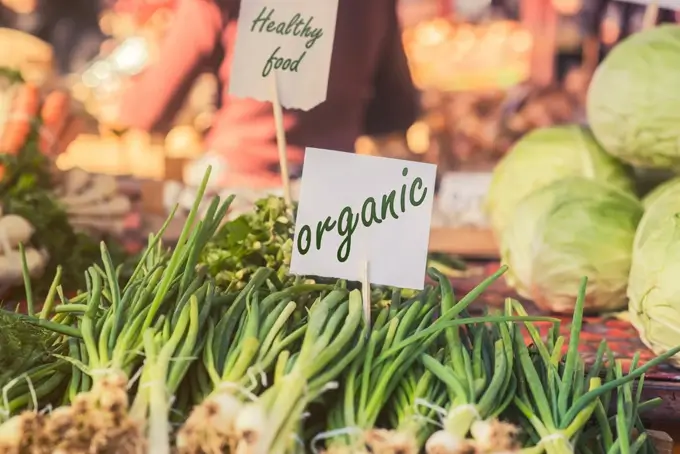
The Organic Trade Association (OTA) is a membership-based organization that represents the organic industry in the United States. It is a leading advocate for organic agriculture and products, working to promote and protect the growth of organic trade.
The OTA was established in 1985 and serves as a voice for organic farmers, processors, distributors, retailers, and consumers. Its primary mission is to advance organic agriculture and trade, and it works towards achieving this through various initiatives.
The OTA engages in advocacy efforts to shape organic policies and regulations, ensuring that the interests of the organic community are represented at the national and international levels. It also provides valuable market research, industry insights, and educational resources to its members, helping them navigate the organic landscape and seize opportunities.
Additionally, the OTA promotes consumer awareness and understanding of organic products through marketing campaigns and public outreach. It collaborates with other organizations, government agencies, and stakeholders to strengthen the organic sector’s influence and impact.
Through its work, the Organic Trade Association plays a crucial role in supporting the growth, integrity, and success of the organic industry in the United States, contributing to a more sustainable and health-conscious food and agriculture system.
Green America

Green America, formerly known as Co-op America, is a non-profit organization that advocates for sustainable and socially responsible business practices. Founded in 1982, Green America focuses on issues such as fair trade, clean energy, responsible investing, and sustainable agriculture. Through its Green Business Network, it supports businesses committed to environmental and social responsibility.
The organization also engages in consumer education and advocacy, empowering individuals to make environmentally conscious choices and advocating for corporate behavior change. With campaigns, petitions, and grassroots efforts, Green America works towards creating a more sustainable and just society. Through its initiatives, Green America plays a significant role in promoting sustainability and driving positive change in the business and consumer landscape.

